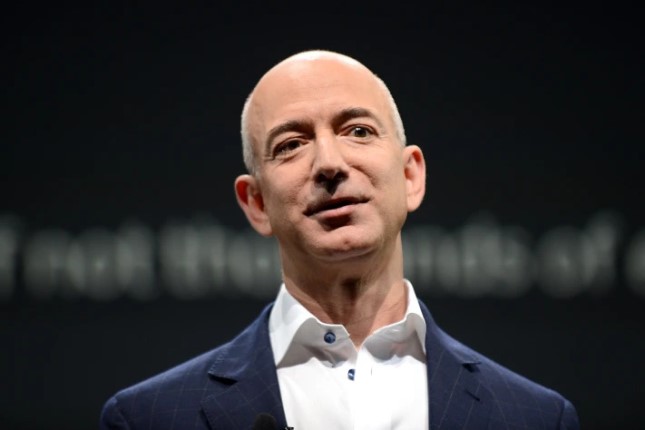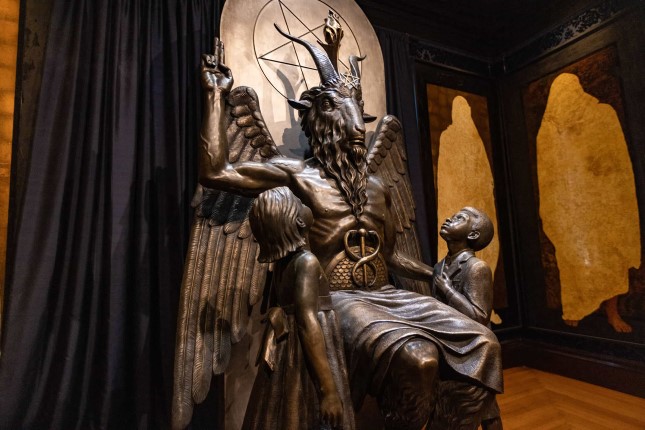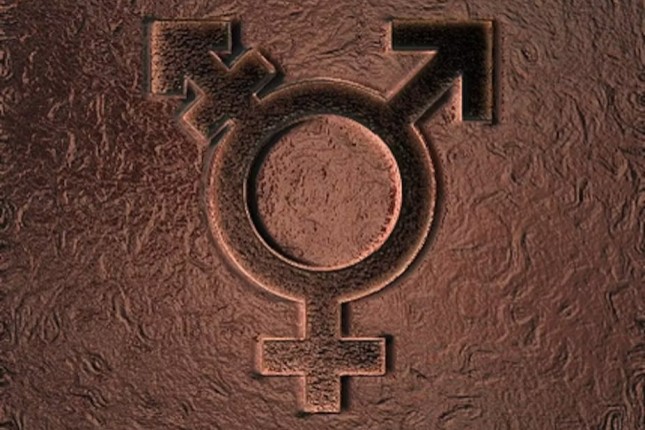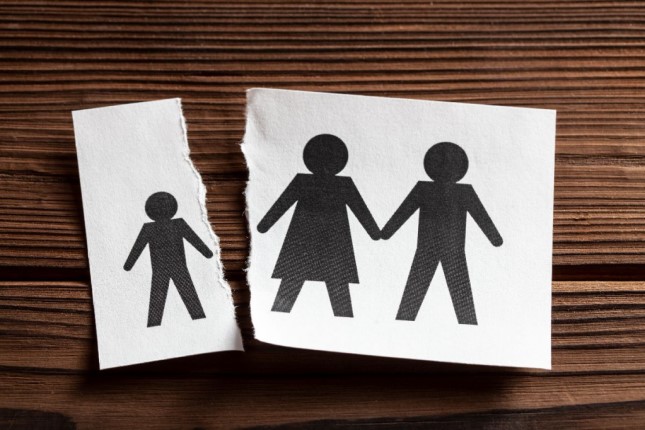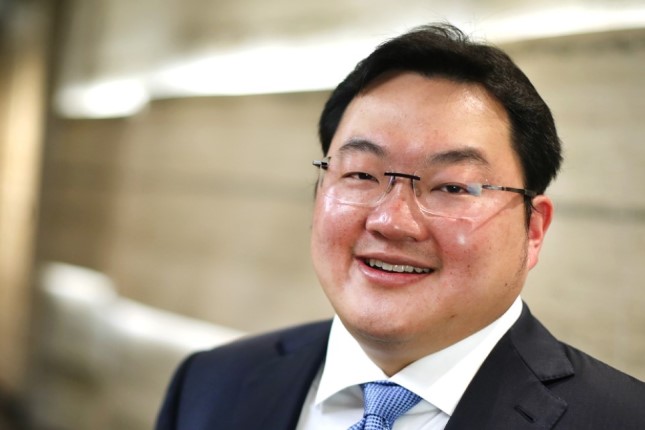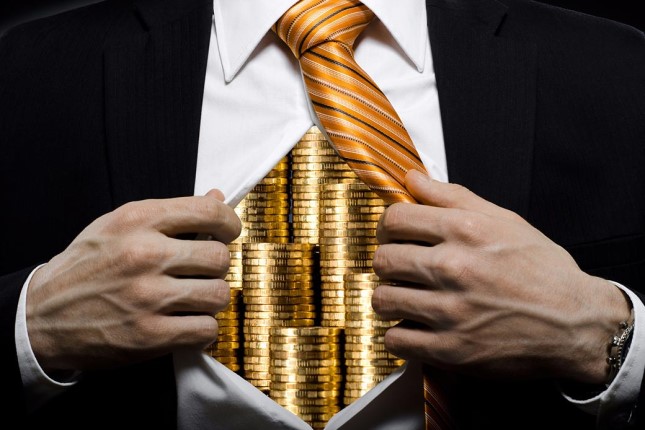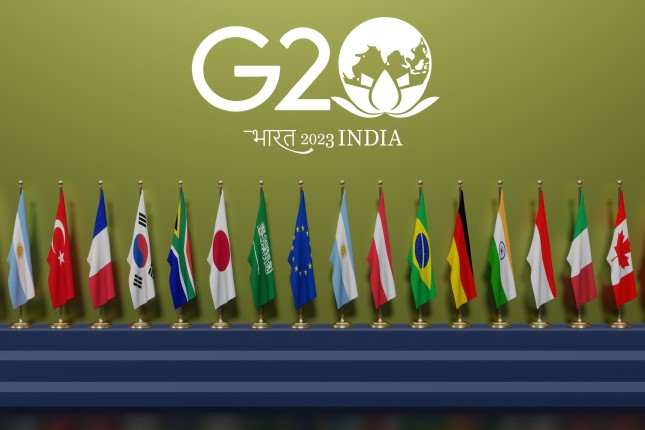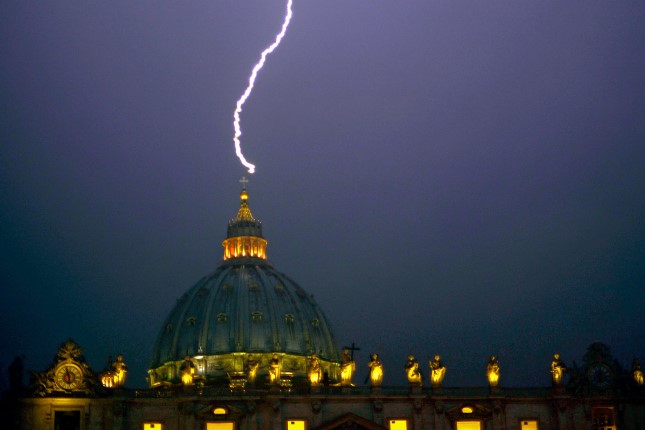The article "How to Save Democracy From Technology. Ending Big Tech's Information Monopoly" by Francis Fukuyama and others was published in Foreign Affairs in late 2020. That is, even before the world witnessed the incredible power of a digital America that defeated an inconvenient president with no problem in an unprecedentedly brutal political confrontation.
When Twitter banned the account of then-current President Donald Trump in early January, it symbolised this new power of corporate America. However, much more impressive was the disappearance of Parler's social network.
Parler pitches itself as an alternative to Twitter. However, it is supported by conservatives. The mere suspicion that participants in the January 2021 Capitol attack used Parler to coordinate actions was enough to cause the App Store and Google Play to remove the app.
Then, the most significant event occurred: Amazon Web Services (AWS) stopped providing cloud services to Parler. After that, the social network with 15 million users disappeared from the Internet.
AWS controls about 33% of the global cloud infrastructure. Its main competitors, including Microsoft Azure (21%) and Google Cloud Platform (10%), share almost the same. Everyone has seen the e-commerce giant, the largest retailer in the world, Amazon. And no one thought Jeff Bezos could instantly mute an entire political movement. He did.
The authors of the Foreign Affairs article turned out to be exceptionally accurate in posing the main question.
The public is willing to overlook that enormous information power is concentrated in the hands of four companies − Amazon, Facebook, Google, Twitter, and essentially four people − simply because they "are socially progressive, even though they are driven mostly by selfish commercial interests."
But what would happen if a right-wing businessman like Rupert Murdoch could not concentrate this power in his hands?
What if this unobtrusively concentrated power suddenly and shatteringly reveals itself? And what if vested commercial interests, or some other, outweigh the inclination to think progressively?
As the military says, the parties' intentions may change, but their military capabilities remain regardless of their intentions.

Yoshihiro Francis Fukuyama is a Japanese-born American philosopher, political scientist, political economist, and writer. Senior Fellow, Center for Democracy.
An iconic movie villain
Jeff Bezos perfectly illustrates the trend of the last quarter century to consolidate resources and influence in private hands. When reading his track record, you can't help but think about a Hollywood business villain like Adrian Veidt from Watchmen or Lex Luthor from Superman Returns.
Indeed, Amazon's immense and efficient distribution centres have long been ridiculed. Journalists describe the work there as nothing short of "working in hell." The incredible robotisation of processes makes people's work similar to that of robots with excessive regulation − to the number of times a person can use the bathroom, as well as constant protests and strikes by workers and eco-activists. And against this background, Bezos is unusually stingy about philanthropic projects for a European businessman.
Only in the last few years, under tremendous public pressure, has he slowly started to move in this direction. However, he still needs to align more with the scale of his fortune. He is still the only one of the top five wealthiest people in the world who has not joined the Giving Pledge.
In addition to being the publisher of The Washington Post, Bezos owns the aerospace company Blue Origin. In July 2021, he performed his first sub-orbital flight in his company's vehicle.
Bezos is preparing to deploy his global broadband satellite internet system in space, making his network empire ubiquitous. The first test satellites, KuiperSat-1 and KuiperSat 2, will be launched this year.
A finishing touch is Bezos' interest in creating "practical immortality" technology. In 2021, he and billionaire Yuri Milner co-founded Altos Labs, a biotech research company aiming to develop therapies to stop or reverse human ageing.
"When it comes to competition, being one of the best is not good enough. Do you really want to plan for a future in which you might have to fight with somebody who is just as good as you are? I wouldn't," Bezos shared his view of competition in one of his articles. This desire is understandable, but for some reason, one wishes that such a person would always have competitors, and the stronger they are, the better.
Hoping for Superman?
Who will save America and the world from Jeff Bezos' monopoly?
Among the candidates, one begs to be nominated: Elon Musk. Here is a man who could compete with the owner of Amazon. The space programme and satellite internet, neuro-technology, construction and energy, electric vehicles and artificial intelligence − Musk's track record is no less impressive.
Particularly since Musk has shifted to the right lately, he bought Twitter, praised Trump, criticised the anti-COVID programme, and fought with Bill Gates.
In today's world, Elon Musk is precisely the right person to balance Jeff Bezos's influence and the left-liberal sympathisers of the digital giants. The implicit confrontation between Musk and Bezos is reminiscent of the Jobs-Gates confrontation, symbolising the difference in approach to humanity's digital future for a decade and a half.
In the end, Jobs won. Although in the early 2000s, Gates' resources seemed incommensurably superior. He won by presenting a future vision that people found more appealing.
Whether Musk "wins" is unknown. It may not be necessary. The most crucial thing is that the corporate environment in digital business is competitive enough to prevent a commercial and technological monopoly of such magnitude that it becomes a political monopoly.
